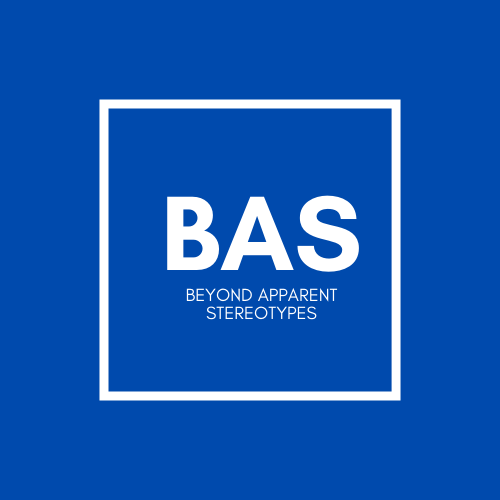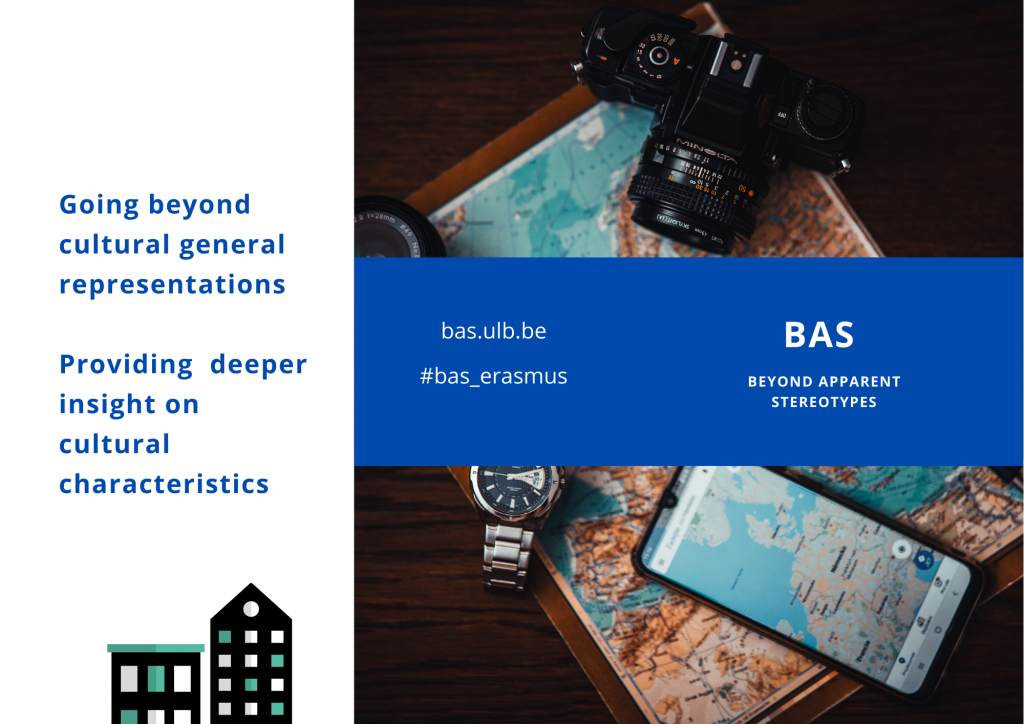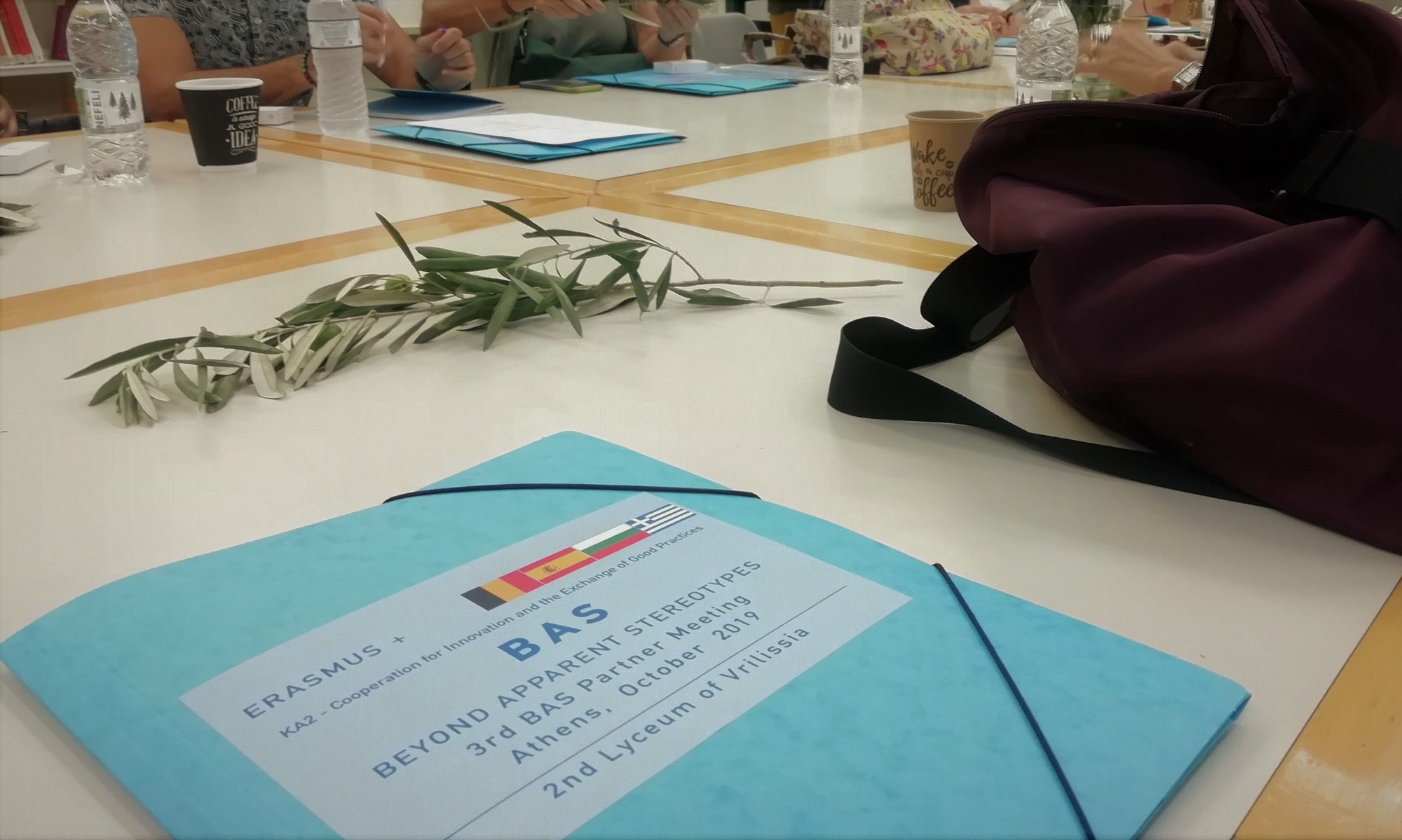The BAS project wishes to go beyond cultural general representations and provide students with a deeper insight on cultural characteristics, such as lifestyle, cultural heritage and social habits and understand the underlying reasons. The core objective is directly related to the need for a transnational approach, as in addition to the positive and constructive cognitive experience, the mobility of youngsters contributes to the shaping of a sense of place and a European identity through the building of bridges encompassing geographical and cultural boundaries.
We are currently experiencing a rise in nationalism and conflicts between communities. The recent refugee crisis is the latest expression of the fear of “otherness”. The stereotypes in a community (culture or country) of another group forged by social networks and the media all too often lead to the fear of the stranger and to exclusionary behaviour. The reaction to the increasing growing cultural diversity is often reclusion and retraction, and a growing support of community, ‘nativism’ and nationalism. In the realm of institutional politics, this movement leads to an increase in anti-European stands from populist parties in many European countries. One of the key questions that needs to be addressed in this context is how European societies characterized by a growing diversity can promote (European) citizenship and tolerant attitudes towards ‘others’ in a way that does not stigmatize or misrecognize cultural identities.

School education plays an important part in the process of socialization, social inclusion and in the building of representation of others. Formal education does not only focus on cognitive outcomes and skills, but also cultivates “appropriate” attitudes towards the society at large. In this sense schools can be thought of as a modern “rite de passage” from child to citizen, that contributes to the degree of social cohesion in a society. It remains however an important question to know whether, how, and under what conditions schools can have an impact in fostering social cohesion. Formal citizenship education courses are mainly designed as a way to enhance support for the polity. There is, however, no strong evidence for the effectiveness of this approach in promoting tolerance or social cohesion. In the Horizon Report on trends, challenges, and technologies for schools in Europe, Johnson et al. (2014) pointed on implementation of informal education outside the school walls as one of the main challenges of the educational system of Europe for the upcoming years. One of the common forms of these activities outside the school walls are field trips. They were recognized as valuable educational tools for environmental and scientific education by promoting an appreciation and understanding of classroom concepts. Furthermore, they were found as increasing youth knowledge and providing higher levels of thinking strategies. The same benefits derive from educational school trips aiming at intercultural encounters contributing to review negative stereotypes and reduce prejudices.
Research have highlighted that students tend to be more attentive when learning extra muros and from the educators’ perspective trips are also a significant contribution to the learning experience as they are considered unique educational experiences for the youngsters. Traveling, as a social force with a transformative capacity at societal level, appears to be an adequate tool to help preventing and reducing conflicts and deal in a constructive and peacebuilding manner with stereotyped representations.
The objective of the project is therefore to develop intercultural competences and skills among young people at secondary school level of 15/16 years of age. We want youngsters that are still in the phase of the “impressionable years”, which is roughly between the age of 12 and 24. We however also need youngsters that have attained a sufficient proficiency in English, as this is one of the European Lingua Franca’s. We therefore opt for pupils in grade 9 or 10, since they have acquired sufficient language skills, but are still in the ‘impressionable phase’. Building cultural skills and competences teaches pupils to analyse people as distinct and multifaceted individuals and moves beyond natural stereotyping and clichés fostering social inclusion. The aim of BAS is to tackle and surpass the existing stereotypes and to lower prejudice. The best way of doing so is to immerse the students in another cultural context.
In a nutshell the BAS “Beyond Apparent Stereotypes” project will provide:
Don’t forget to check out he project leaflet which is available in Catalan, Bulgarian, English, French and Greek.

NOTE: Due to special circumstances caused by the Covid-19 crisis certain aspects of the project have been impacted and adapted. It should be noted that the intercultural exchanges trips mentioned in here were implemented in virtual mode instead of a physical one originally planned.

“The European Commission support for the production of this publication/website does not constitute an endorsement of the contents which reflects the views only of the authors, and the Commission cannot be held responsible for any use which may be made of the information contained therein.”



